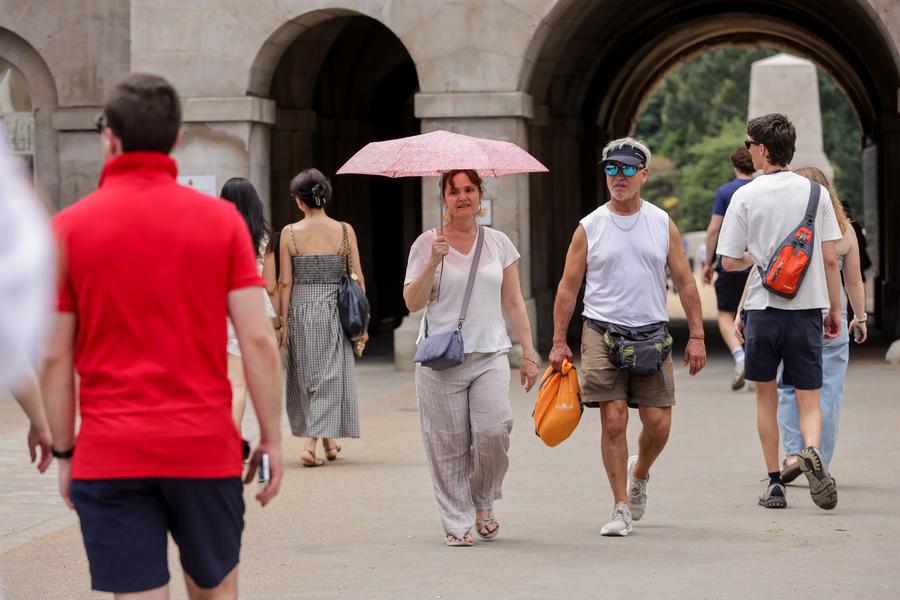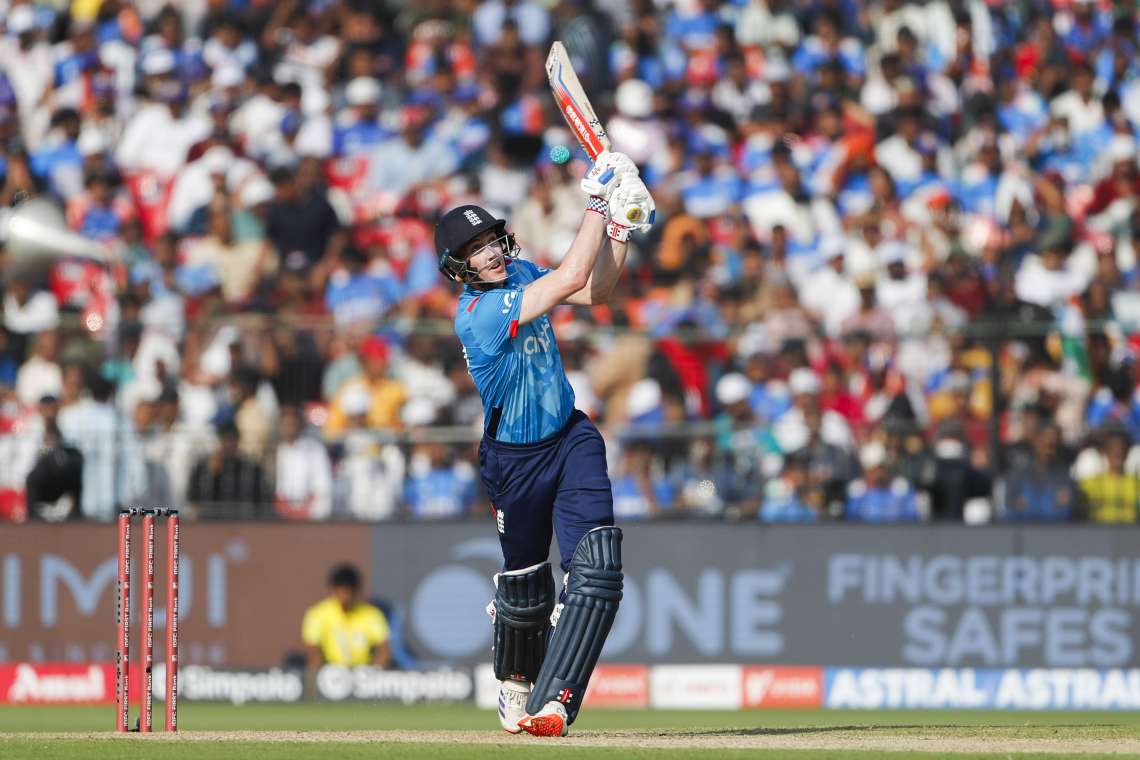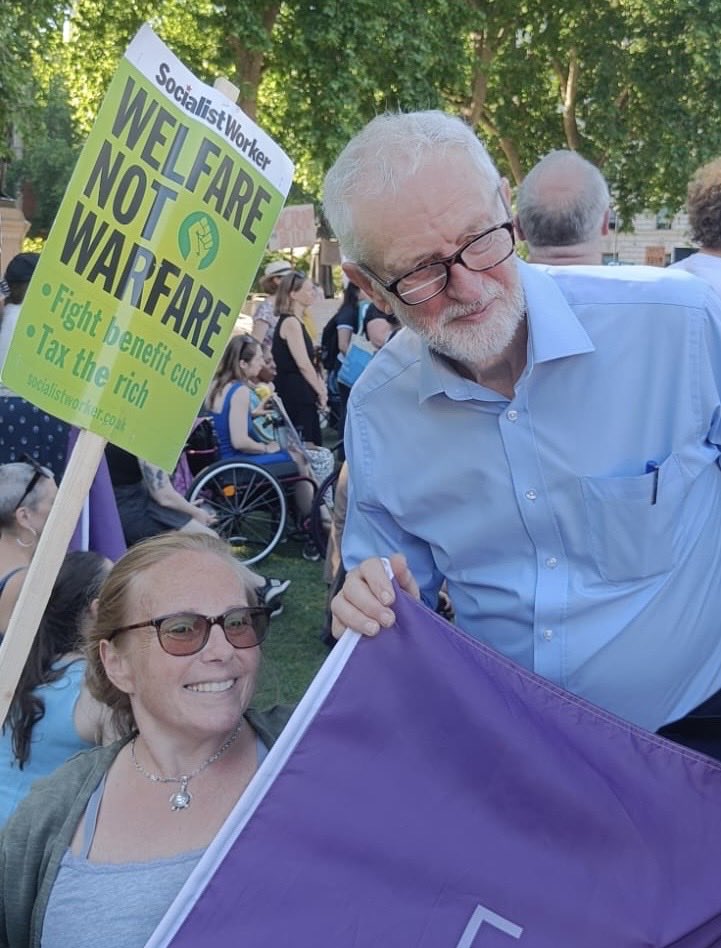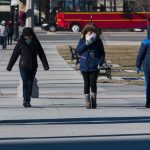The monthly retail sales numbers have been up and down lately, reflecting weather patterns and a late Easter
Retail sales rose in June as the hot weather boosted fuel and supermarket sales, according to official data. Sales volumes increased by 0.9% in the month, the Office for National Statistics (ONS) said.
Supermarkets reported people buying more drinks, while fuel sales were up as consumers “ventured out and about in the sunshine”, the ONS said. But it said sales had fallen by 2.8% in May, which was more than it had previously estimated.
After May’s fall in sales, a rebound in June had been expected, but the rise was lower than many economists had forecast. Ruth Gregory, deputy chief UK economist at Capital Economics, called June’s sales increase “disappointingly small”.
The monthly retail sales numbers have been up and down lately, reflecting weather patterns and a late Easter. But overall, the rise in retail spending has lost momentum, with sales up just 0.2% between April and June compared with the previous three months.
That ties in with a separate survey from researchers Gfk which suggests that consumer confidence is weaker than a year ago, and supports economists’ views that next month’s figures on economic growth will show it was lacklustre in the second quarter of this year.
Sales in food stores were up 0.7% in June, the ONS said, while fuel sales rose 2.8%. “The warm weather in June helped to brighten sales, with supermarket retailers reporting stronger trading and an increase in drink purchases,” said ONS senior statistician Hannah Finselbach.
“It was also a good month for fuel sales as consumers ventured out and about in the sunshine.” The Met Office said that England had its warmest June on record, and the second warmest for the UK as a whole, following two heatwaves.
Meanwhile, retailers say theft is “spiralling out of control” after official figures show shoplifting in England and Wales is at its highest level since current records began more than two decades ago. There were 530,643 reported shoplifting offences in the year to March, a 20% increase from the previous year, according to the Office for National Statistics (ONS).
The ONS said there had been “sharp rises” in shop theft since the pandemic. Retail groups said they were concerned by the increase in organised crime, saying gangs were “hitting store after store”.
The figures from the Crime Survey for England and Wales for the year up to March 2025 showed shoplifting offences were at the highest level since current police recording practices began in the year to March 2003. “The ONS figures prove what retailers have long been telling us – that retail theft is spiralling out of control,” said British Retailers Association director Tom Ironside.
He said such theft was “not a victimless crime”, adding that it triggered violence and abuse towards staff and cost retailers and customers £2.2bn a year. “The rise in organised crime is a significant concern, with gangs hitting store after store, even within a single day,” he said.
Association of Convenience Stores (ACS) chief executive James Lowman said the official statistics were only part of the story. Separate figures from the ACS crime report found convenience stores recorded more than 6.2 million incidents of shoplifting in the past year, he said.
“Retailers tell us that they won’t report crime if they have no faith in it being investigated,” he said. Lowman said the figures showed that retail crime needs to be taken seriously “throughout the justice system”.
“Only then will we be able to start bringing the numbers down and stop widespread reoffending by criminals that are acting with confidence that they will not be apprehended,” he said.
Earlier this year the government unveiled the Crime and Policing Bill which the Home Secretary Yvette Cooper said would address an “epidemic of street theft”, including shoplifting. Under the bill the current £200 threshold for shoplifting, which means thefts under that value are treated as summary-only offences and not prioritised by police.
Ironside said removing that threshold would “send a clear signal that all shoplifting is unacceptable and will not be tolerated.” Responding to the new ONS figures, Cooper said the government was working to rebuild local policing. She said more than 500 town centres would be getting extra patrols and there would be 3,000 more neighbourhood officers and police community support officers by next spring.














